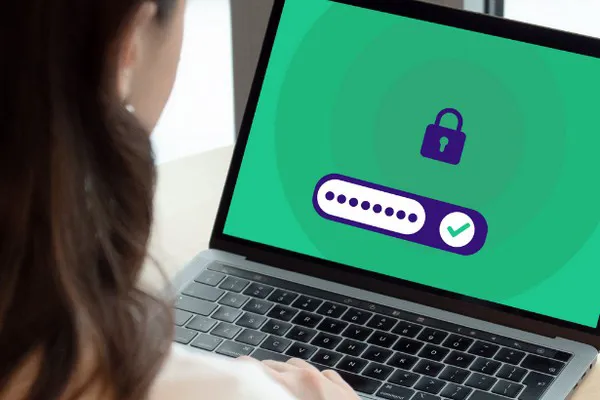Phishing, ransomware, and identity theft: in this latest cybersecurity article, we discuss what these forms of cybercrime mean and the damage they can cause. Fortunately, there is a lot you can do to protect yourself, your colleagues, and your company. What measures have you already taken?

Prevention is an important part of cybersecurity. Don't wait for signs of cybercrime; often, by then, it's too late, and damage has been done to business systems. Make sure you prepare and include everyone in your company in this. Prevention is better than cure.
Don't give phishing a chance
Invest in awareness! Make sure everyone in the company knows what to expect and what actions are required:
- Train employees in recognising suspicious emails and messages.
- Have a strict policy on sharing sensitive information.
- Make everyone aware that sharing personal information online, for example, on social media, carries dangers.
- Always have the authenticity of requests verified before anyone responds to them.
- Check carefully whether everyone really needs all user rights for his/her work. This prevents ransomware from spreading to other parts of the network if a user accidentally gets infected.
- Also, make sure everyone works with two-step verification (2-FA) and uses unique and strong passwords for each account.
Filters and security software
In addition, email filters and security software can help you detect and block phishing attempts. However, it is very important that the software is always up-to-date. This is because when you use outdated software, you are also more vulnerable to ransomware attacks. You can read more about that below.
Prevent ransomware
Ransomware is malware that encrypts users' data files, with the aim of later unlocking them in exchange for ransom.
With effective software
Good, up-to-date (security) software can detect ransomware in addition to phishing. Then do run regular scans on your systems so that you actually check everything.
With an alert attitude
Ransomware often starts with phishing. So when everyone is alert to phishing, you also reduce the possibility of ransomware having a chance to invade your system and encrypt your data. Time to make everyone aware!
Still a victim? Backup!
Unfortunately, what is often forgotten is making backups. Ideally, back up your data daily and store it in a separate location, such as in the cloud or on an external hard drive that is not constantly connected to your network. Should you become a victim of ransomware anyway, you won't have to pay a ransom to get your data back.
Combating identity theft
There are many ways to ensure that your data is inaccessible to others:
- Be careful when sharing personal information on social media and other public platforms. It also makes a difference if you shield your profile where possible.
- Check your financial and credit card details regularly. See anything suspicious? Report it to the bank or credit card company immediately!
- Avoid using public Wi-Fi networks when conducting sensitive transactions, such as making payments.
- Again, with a strong password policy and 2-factor authentication, your data is extra secure.
For more information:
Floriday
www.Floriday.io
